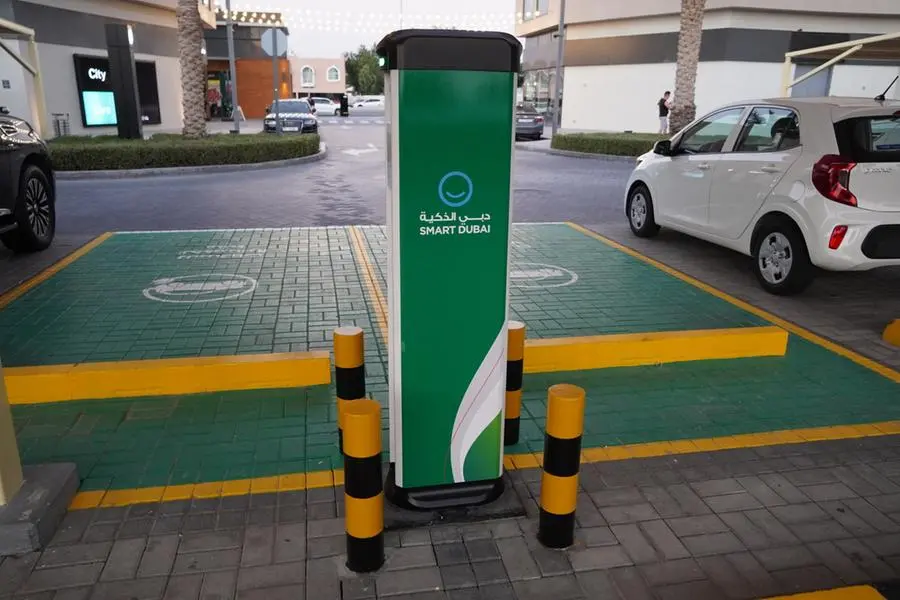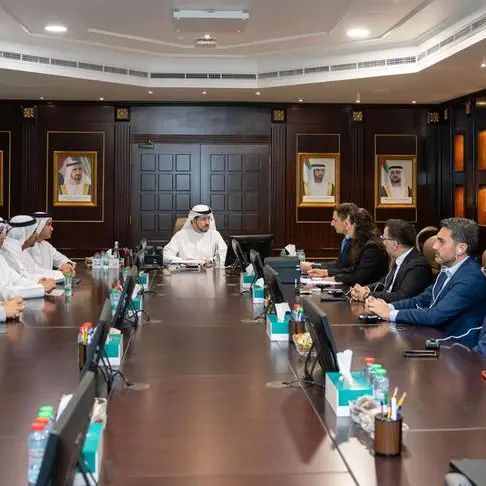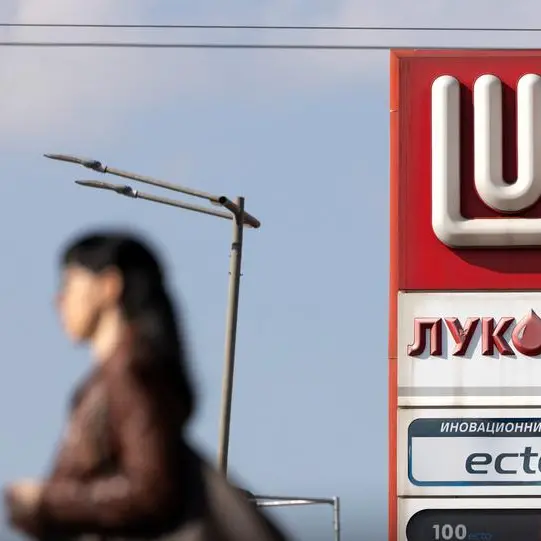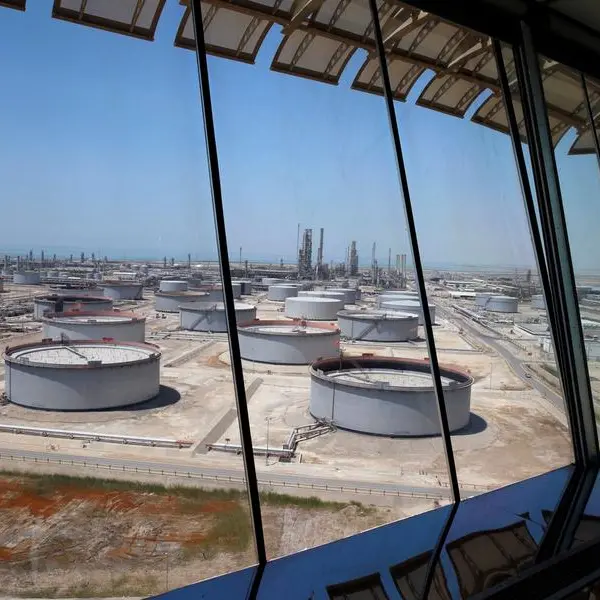PHOTO
Demand for electric vehicles (EV) in the UAE is accelerating with infrastructure development, customer readiness and government initiatives emerging as the key drivers, but range anxiety continues to throw up roadblocks.
For Nabeel Naseer, the idea of investing in an EV as his primary car is still in its infancy, citing his daily commute as the main deterrent.
“I spend hours in gridlock almost daily doing the drive from my home in Sharjah to my place of work in Dubai. Where is the time or the means to charge an EV along the way? Most of the older communities in Sharjah and Dubai don’t have access to charging stations. And if you happen to find one near your workplace, what happens when you come home and are low on charge? You don’t want the battery to run out on the morning commute,” said Nasser.
Nasser’s concern echoes that of many who cite range anxiety, referring to the fear of a vehicle running out of charge before reaching its destination, as a hurdle that needs to be overcome. In recent months, the UAE unveiled a string of initiatives to facilitate EV penetration in the market.
Market readiness
Earlier this month, the Ministry of Energy and Infrastructure (MoEI) announced 50% of all cars on UAE roads will be electric by 2050, lending support to Dubai’s own goal to have 42,000 EVs on its roads by 2030.
The willingness to adapt to EVs has placed the UAE in the 8th position of the global electric mobility readiness index last year, according to findings of an Arthur D. Little report, with the country’s EV market forecasted to grow at a CAGR of 30% between 2022 and 2028.
Fueling this growth are government initiatives such as the Global EV Market launched in May to create incentives for people to own EVs. The move will facilitate investment in the UAE network of EV charging stations and install them across federal buildings, roads and the MoEI truck rest stops.
The Dubai Electricity and Water Authority has also said it aims to install 1,000 public charging stations in the emirate by 2025, an increase from 620 at the end of 2022.
It is this growing network of infrastructure that convinced Dubai resident Ekta Bhojwani to make the switch to an EV in 2022. “I avoided it for a year because of a lack of charging points and living in an apartment but then took the plunge with no regrets,” she said.
Her Model 3 Tesla gives her an approximate range of 300kms, which Bhojwani said requires her to charge her car twice weekly for a commute that is largely limited to Dubai.
“The penetration of electric vehicles in the UAE is still relatively low, but it is growing rapidly. According to the MoEI, there were over 20,000 electric vehicles registered in the UAE in 2022. This number is expected to reach over 100,000 by 2025, and over one million by 2030,” said Naser Albahri, Director of the recently concluded Electric Vehicle Innovation Summit (EVIS) held in Abu Dhabi.
According to Albahri, this growth is being driven by the government’s commitment to promoting EVs, the increasing availability and the falling cost of such vehicles. However, both Bhojwani and Albahri admit a lack of charging infrastructure still posed a challenge with certain communities remaining underserved.
The UAE government-led Global EV Market aims to address this gap with investments in establishing more EV charging stations, in addition to setting up EV service centres across the country.
“Globally, the challenge for electrification is the availability of power infrastructure. In the UAE, this is being actively addressed through actions by the relevant stakeholders in upgrading grid capacities and exploring other sources of energy such as energy storage systems and solar,” said Arthi Srinivasan, Director of EV Charging Solutions at Powertech Mobility, a company that deals in EV charger distribution and system integration in the UAE.
“The evolution of electric mobility is a movement and will require dynamic efforts to ensure that charging infrastructure keeps up with EV adoption rates to ensure range anxiety is not a deterrent for businesses or consumers in going electric,” she added.
Changing mindsets
Salman Hussain, CEO and co-founder of the UAE-based start-up FUSE, an engineering services company that converts classic cars into EVs, is the first to admit that while the landscape in the UAE has come a long way since he purchased his first EV in 2016, access to ultra-fast charging points still posed a problem.
“The EV market curve in the UAE mirrors Europe in many ways - the vehicles rolled in first and the infrastructure had to play catch up,” said Hussain. “Now, even as the infrastructure has improved exponentially, EV owners face a new challenge, which is accessing these ultra-fast charging stations because rental companies, limo fleets and taxis are waking up to an EV transformation and end consumers are still struggling.”
In Dubai, the Roads and Transport Authority (RTA) has been following through on its plan to convert 90% of the emirate’s limousines (e.g., Uber & Careem) to environmentally friendly vehicles (hybrid and electric) by 2026. The ratio of green limousines is currently 6%, with plans to increase this to 90% in 2026.
Bhojwani also pointed out that aside from greater accessibility, charging etiquette also needed a makeover. “People will leave their cars all day [on charge] or past the limit,” she said, adding that more open chargers, which were not limited to malls, would go a long way in addressing accessibility issues.
The high price of EVs also posed as a deterrent until recently with the influx of several players in the UAE market, including Chinese carmakers such as BYD that have steered the course with more options and a more competitive price range.
While the pace of adaptation to an EV mode of transport needs to pick up, according to experts, some say the change is not only essential, but inevitable.
Mohamed Al-Musleh, Assistant Professor in the School of Engineering and Physical Sciences at Heriot-Watt University Dubai says addressing private transport is essential for an effective approach to reducing greenhouse gases, a concern that has become a focal point as the UAE hosts COP28 later this year.
“Change beyond the macro scale is critically important in addressing the impact of greenhouse gas emissions from private transport,” Al-Musleh said. “While commercial vehicles contribute significantly to greenhouse gas emissions, private transport, including cars, motorcycles, and other individually owned vehicles, collectively form a substantial portion of the problem.”
Al-Musleh added that while government regulations and corporate policies could influence greenhouse gas emissions, individual consumer choices played a vital role in shaping the way the future would play out.
(Reporting by Bindu Rai, editing by Brinda Darasha)





















